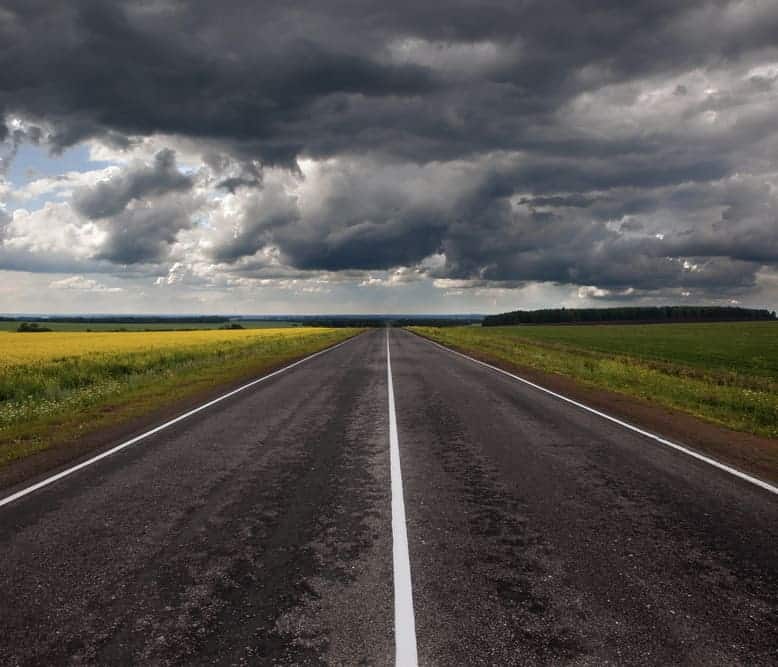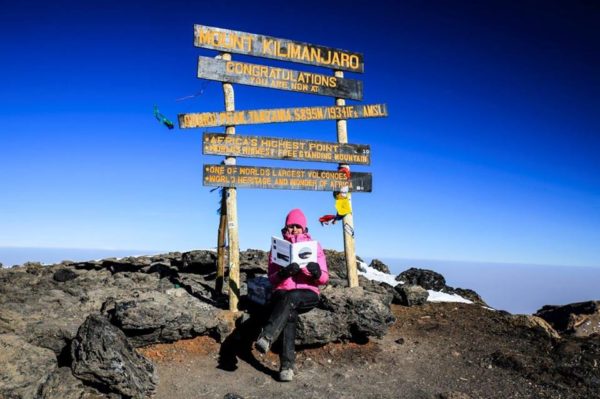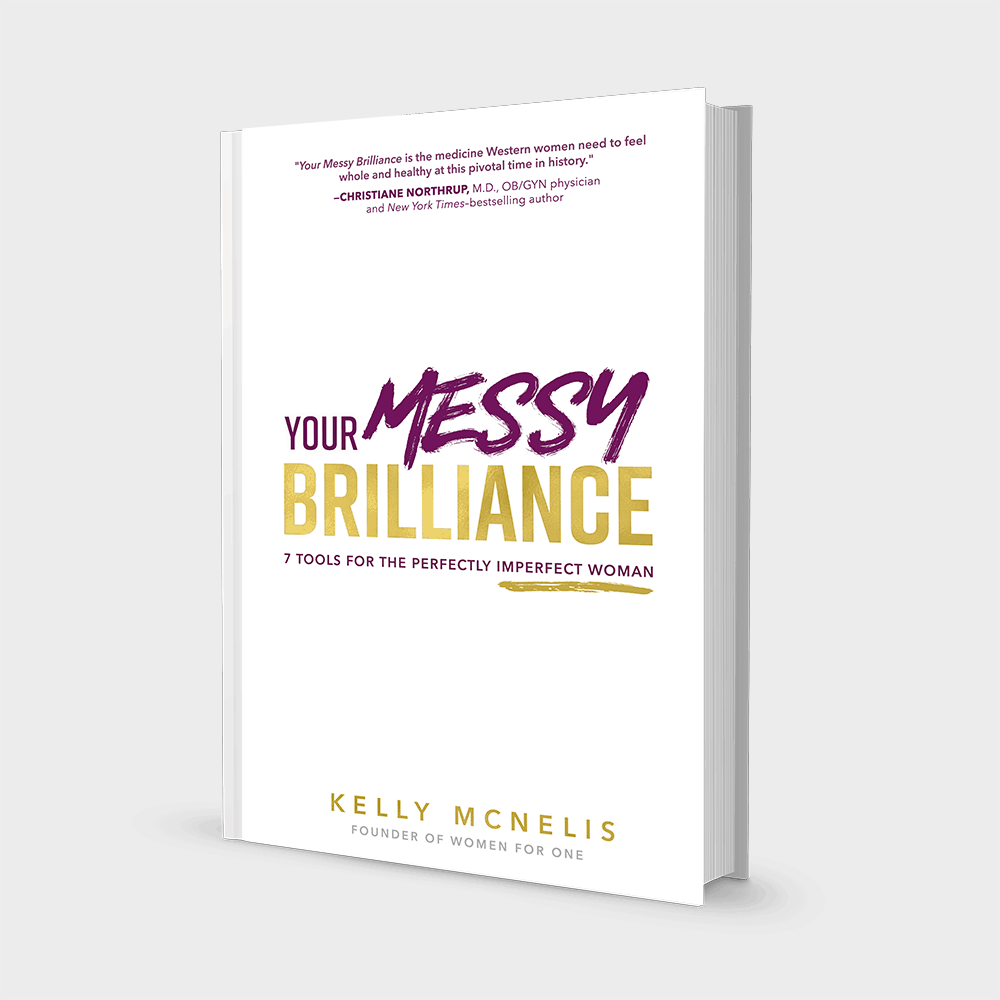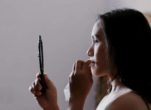
If You Feel You Can Help, You Should
“Education isn’t for getting a job. It’s about developing yourself as a human being.” ― Liz Berry
A hundred pairs of eyes fall on me as I step into the cramped classroom. There are so many kids in the one class that it could do with at least five or six teachers.
Sadly, they have to get by not only with one teacher, but just one textbook, too. The teacher has the only copy, from which she writes words on the blackboard and reads them aloud. The kids have to write what they’ve heard and what’s been put on the board in their exercise books. But there are so many kids at every desk that while one of them is writing the others have no choice but to sit and look around and wait their turn.
The desks are designed for two students, but each is used by four. It’s likely that most of what they’ve heard and what’s been put on the board will never end up in their exercise books. The teacher would love to be able to say to them: “OK, everyone, turn the page and let’s read it out together,” but there just aren’t any books for the kids to read anything from. So it’s up to the teacher to read everything out – as loudly and as clearly as possible, over and over again, in the hope that something will stick in their heads if they don’t manage to write it down. But do they even know how to write everything down that they hear? Do they really remember anything?
I prop myself up against the door frame and do my best to mime, “When you’ve got a moment…” to the teacher. I’m lost and hoping someone can show me the way. Since I couldn’t find anyone in the village who could help me, I prayed there’d be someone in the school who could point me in the right direction. Luckily, the teacher spoke English, and showed me where I needed to go. I asked her if it would be all right to poke about the school a little bit and stretch my legs after the long drive I’d had.
It was my first encounter with the realities of life in this part of the world, and it would haunt me for years. It was the only school in the area, and the kids would walk there every day, for miles and miles. There was no water and no electricity. When it rained heavily, which it did frequently, the roof would leak. Instead of textbooks, the students would write the words they heard and read onto the yellowing pages of old exercise books.
All of this was years ago, when I first went to Africa, but little or nothing has changed at the school since then. I’ve changed, though. Back then I just saw what I saw, and knew what I was seeing, but shrugged my shoulders helplessly and drove on. I was an ordinary tourist who’d gotten lost and ended up at a school in an African village, where there was one teacher and one textbook for every hundred students.
You might think that water and electricity were needed more than anything else there, but I’d vote for textbooks. I’ve come across all sorts of projects and charity drives over the years in my travels around the globe. But the more educated we are, the better we are at creating things and the less help we need from outside; if we do need help, the better and smarter we are when it comes to asking for it.
That school is full of new students now, and that teacher who helped me all those years ago is no longer there. But the school itself is the same, as is the drive up to it, and the classroom, too, although all of them seem a bit more worn than I remember them being. This time I haven’t gotten lost, but am heading there with a purpose: to find out what kinds of textbooks the school needs and how many copies they require.
But the drive there is long, and I pass plenty of other schools on the way. One is much the same as the next, and there are so many of them. Why am I favouring one over another? Just because a teacher from it once helped me get back on the right road? If I’d pulled over sooner and gone to another school for help, would my choice today be different? A single act of charity, however well-intended, is never sustainable. And if you can’t make a choice or if the choice you make is unfair, you’re left with no option but to go back again and again.
At some point I realized that it was about time I climbed Kilimanjaro, too. Not knowing what to expect, or whether I’d ever reach the “Roof of Africa,” I took one step at a time, following the instructions given to me by my guide. Since then I’ve seen the mountain – and climbed to the top of it – many times.

As fate would have it, my guides have always been older men who’ve told me stories about their grandchildren and how hard it is for them to get a proper education. There’ve been so many stories, and so many struggles. Families here are big, and life’s difficulties have affected pretty much all of them. Everyone has to make hard choices – whom to favour and how to divide things up between everyone equally, if that’s even possible. Why are boys favoured over girls when it comes to getting a proper school education? Shouldn’t all kids be treated as equal? The opportunities extended to them should be equal, as should their freedom to choose.
Unfortunately, different people and different cultures see things differently, and the options that are open to them are different as well. We all have the right to our own opinions, but for each of us the truth lies within. There’s always the question of how long and how far we can carry on learning. It’s often the case that those who have the chance and the ability to obtain a better education lack the desire to do so, while those who have no greater desire lack the opportunity.
So I find myself again on the slopes of the mountain listening to new stories. When the trek’s over I press tips into many a hand and hope that at least some of it’s invested in their grandkids’ education. But I have no way of knowing. Other things always seem more urgent.
Having heard so many of those stories, I need to share them. And it was by sharing thoughts on them that led to the foundation of Impatiens Kilimanjari. The whole point of the charity is to make sure that as many school children as possible get their own textbooks to read and learn from. It’s designed to help girls continue their education when cultural tradition stands in the way of their free will or they have no opportunity to obtain it themselves.
The charity got its name from a flower that grows at the foot of Kilimanjaro and nowhere else. It’s always been a sign that your trek to the roof of Africa is about to begin, or is coming to an end. Which of the two it is depends on the path you take and when you come across the flowers. Taking a moment to admire them is something I recommend to everyone. I do it every time, coming down the mountain. That way I know that I’ve only got another few hours left, and make the most of what that time offers. There’s always a certain sadness about it, knowing that that particular trip is coming to an end, and not knowing when I’ll be back.
The world is a much bigger place than it seems when we look at it from our windows.
Be the Flag Tour 2016 Ambassador for your country.
Women and men of 60 different nationalities trekking on Kilimanjaro at the same time. Let’s do something together that has never been done before!
The goal is to get to the Roof of Africa on 29 February 2016. We will spread and support the message: ‘Everyone has the right to education.’ We can help Maasai girls complete their four years at school. https://vimeo.com/70321891
Share your knowledge and experience with us – be one of the 60 women and join us on the journey to the top.
The itinerary for the trek is here: https://www.ladiestrekking.com/trek-with-us/
You can choose one of three different routes. After the trek, we will visit the Maasai girls and the schools.
Such a large group of different nationalities has never trekked on Kilimanjaro before. We’ll help each other and make our own lives more interesting! We’ll set a unique record. We’ll make many new friends from all over the world. We must stick together more in a world where war and terror keep growing. We’ll show that women of different nationalities stick together, support each other and want our children to go to school. The better the education our children get, the less ignorance there is in the world. One step at a time. We’ll reach the top together and send a message to the world. We’ll make ourselves heard.
Sign up now: janika@ladiestrekking.com
Everyone has the right to education!









0 comments to "If You Feel You Can Help, You Should"